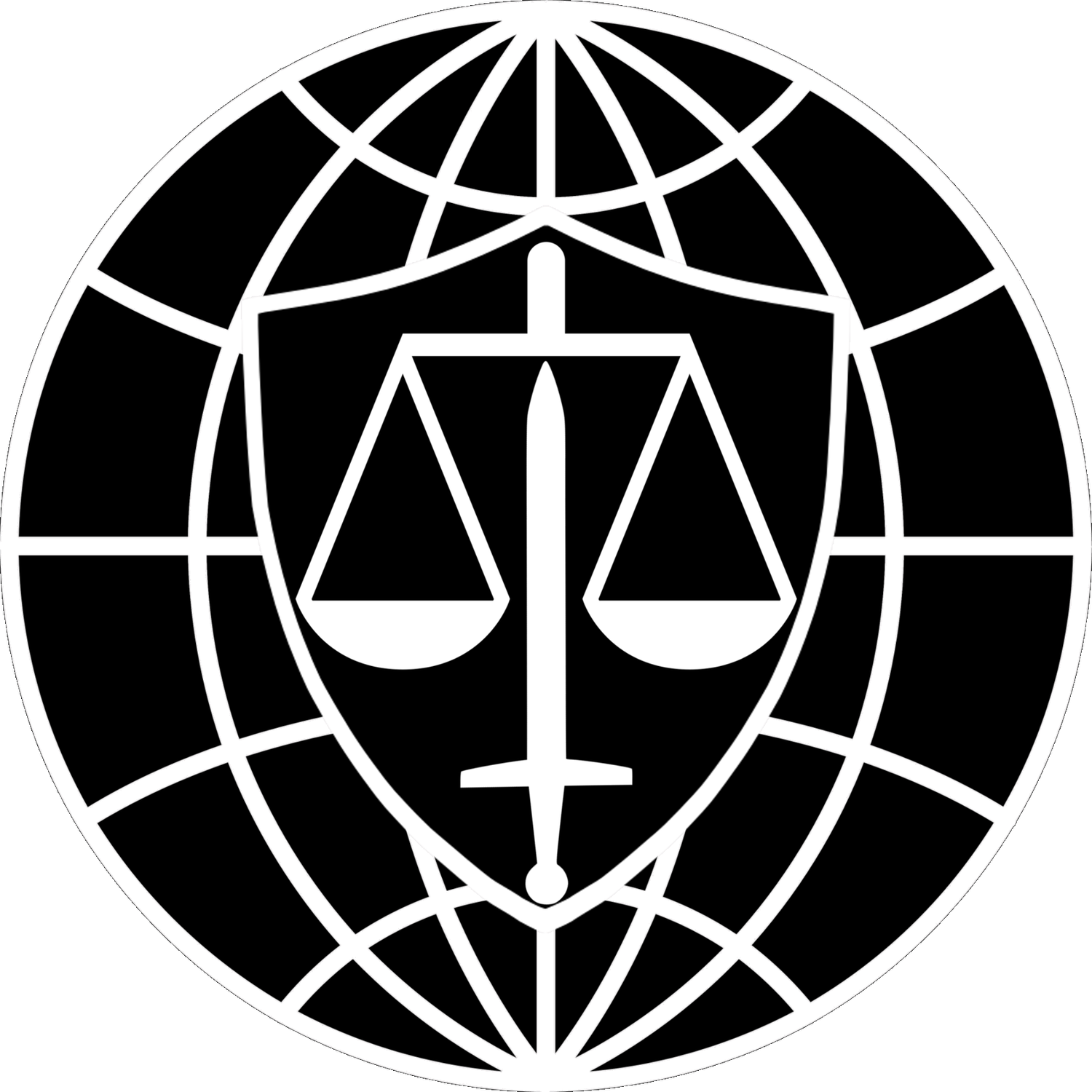Family-Based Immigration with Charles International Law
This guide has two purposes:
Explain the family-based immigration process, and
Help you prepare for the process by collecting the proper documentation and information your attorney will need to get you the best possible result.
Please note that some forms of family-based immigration have special requirements. Please use this guide in conjunction with Charles International Law’s other guides on those topics, including our:
A Two-Step Process:
Obtaining a marriage visa—like all family-based immigration—involves two steps:
Petition for Immigration with U.S. Citizenship and Immigration Services (“USCIS”); and
Apply for a visa with the U.S. State Department (“DOS”); or green card through a USCIS Field Office.
Petitioning for the Alien Reletive’s Immigration
The U.S. relative (citizen or greed-card holder) submits the petition.
The proper form is I-130, Petition for Alien Relative. However, some additional forms will be required, including:
I-864, Affidavit of Support Under Section 213A of the INA, see 8 U.S.C. § 1183; and
If the Alien Relative is a spouse, I-130A, Supplemental Information for Spouse Beneficiary.
Documents you will need:
Proof of citizenship or lawful permanent residence of U.S. Relative/Petitioner:
U.S. Passport
U.S. Naturalization Certificate
U.S. Birth Certificate
Green Card, if the petitioner is a lawful permanent resident, vice a U.S. citizen.
Proof of the Qualifying Family Relationship
Marriage Certificate (for beneficiary spouse)
Birth Certificates (for beneficiary sons and daughters, beneficiary siblings, and beneficiary parents)
Marriage Certificate of Parents (for beneficiary children and beneficiary siblings)
For Spouse Cases, see additional requirements in the CIL Marriage Visa Guide.
Financial Records Substantiating Income and Assets in the I-864, Affidavit of Support Under Section 213A of the INA. See CIL Gide to Affidavits of Support.
Additional Information Required
In addition to the information listed above, please also provide the information requested in the following questionnaires:
Waiting for a Visa:
How long a Beneficiary will have to wait depends on his or her relationship to the Petitioner and the Alien Relative’s country of origin. However, spouses of U.S. citizens do not have to wait.




